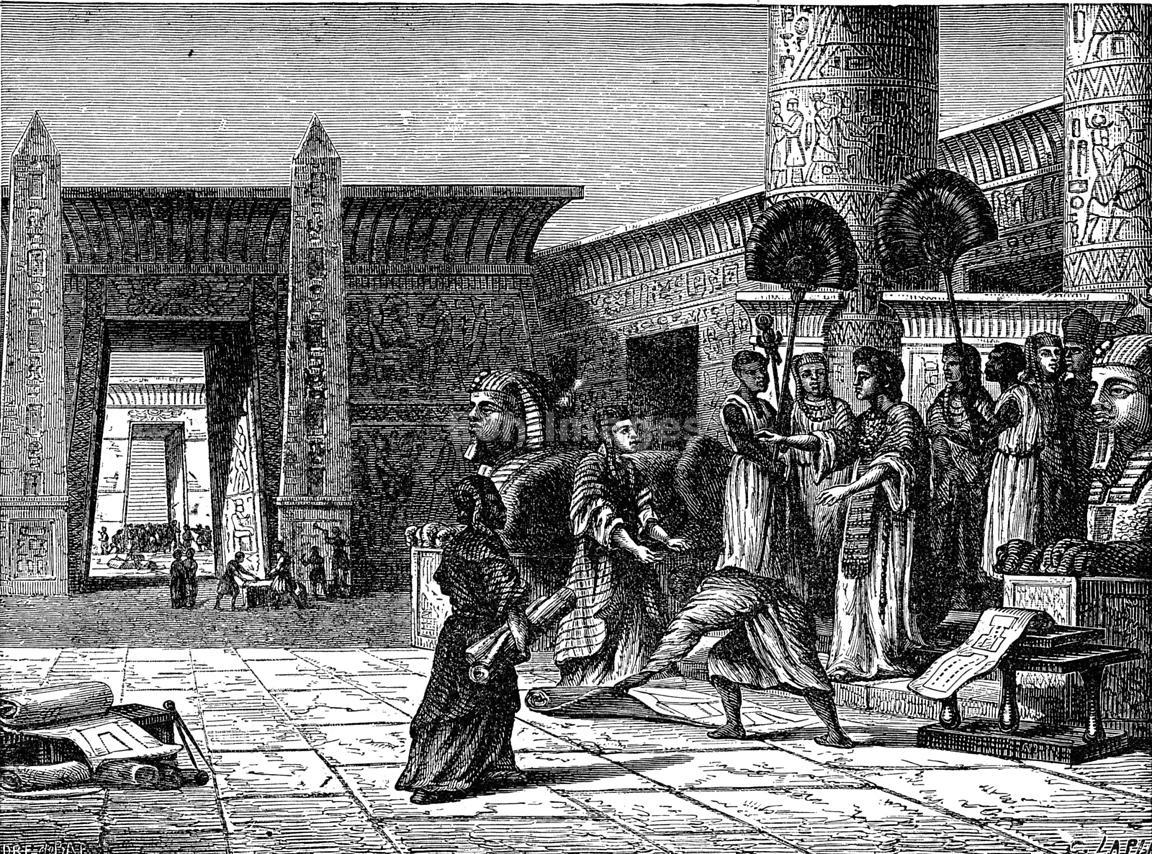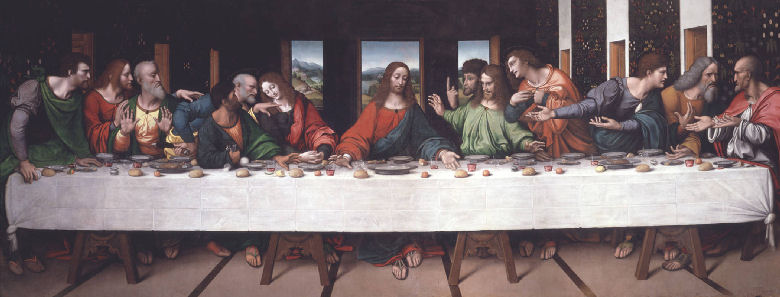Monthly Archives: April 2014
266.HOW DID DICTIONARIES BEGIN?
What is a dictionary as we know it today? It is a book that lists the words of a language and gives their meanings, usually in alphabetical order. Often there is also information regarding the pronunciation, the
origin of the words, and how they are used. Strangely enough, it took hundreds of years for even the idea of such a book to develop. The first time the word “dictionary” was used it appeared in its Latin form, dictionarius which means “a collection of words.” This was about the year 1225, and it was the title of a manuscript containing Latin words to be memorized. This dictionaries was used only in the classroom in the teaching of Latin.
265.DID THEY HAVE LIBRARIES IN ANCIENT TIMES?
A library is an attempt to gather together man’s writings, and this effort was first made long before the birth of Christ.
Scientists who dug up Ur, the city of the patriarch Abraham, discovered a clay signet. This was a cylinder of clay on which there were writings. It goes back to 800 B.C., and may have belonged to the first library.
264.WHY IS FRIDAY THE 13TH CONSIDERED UNLUCKY?
Man has always had superstitions about numbers and about days. Some were supposed to be lucky; some, unlucky. Why the number 13 came to be considered unlucky no one really knows, though there are some theories about it. One explanation has to do with Scandinavian mythology. There were 12 demi Gods. According to this legend, Loki appeared, making the 13th. Since Loki was evil and cruel and caused human misfortunes, and since he was the 13th demigod, the number 13 came to be a sign of bad luck.




